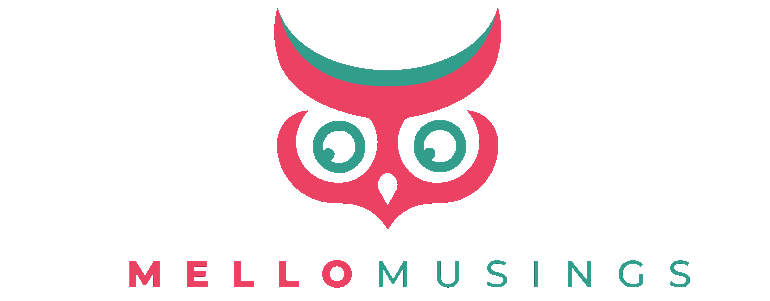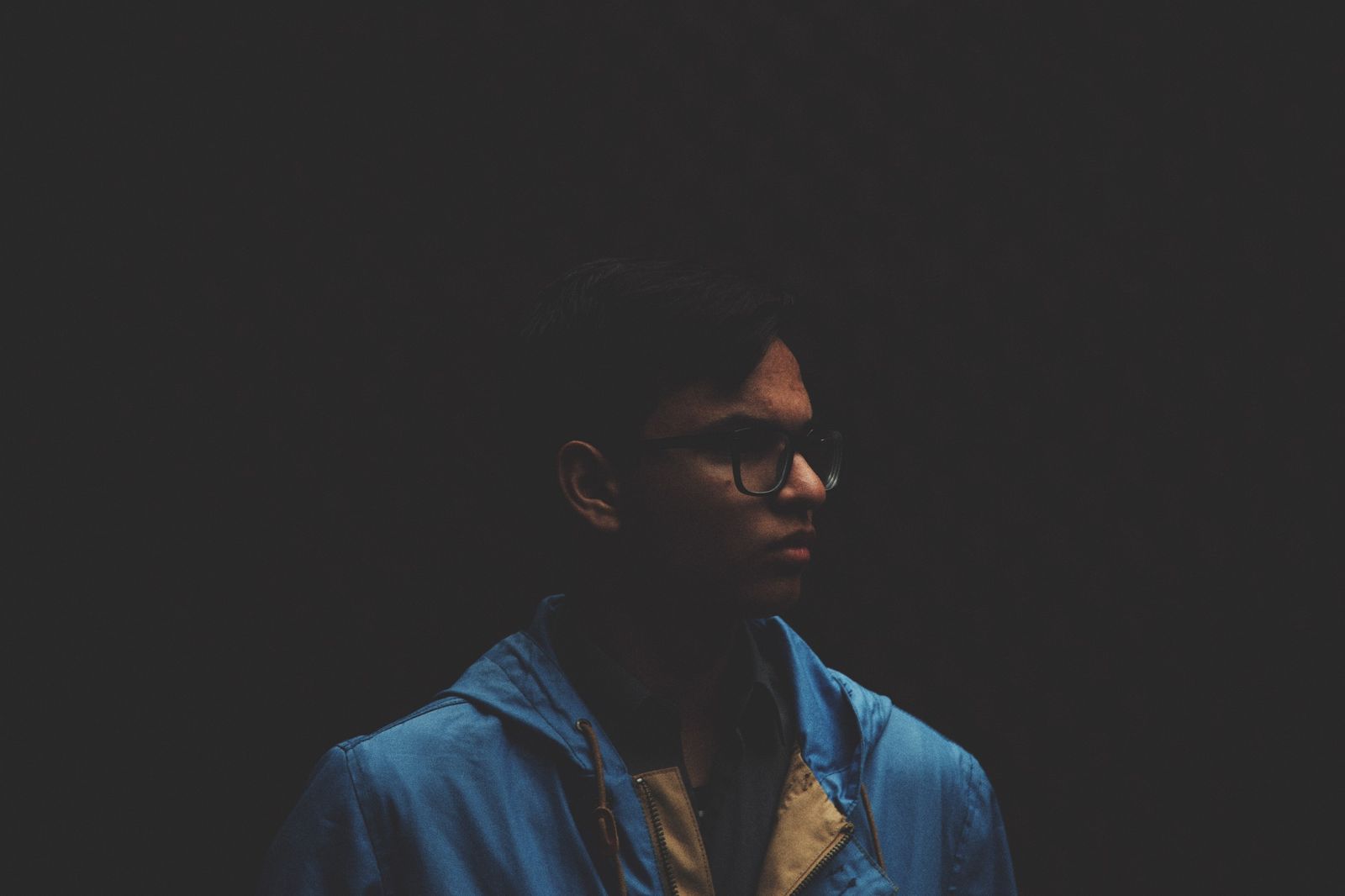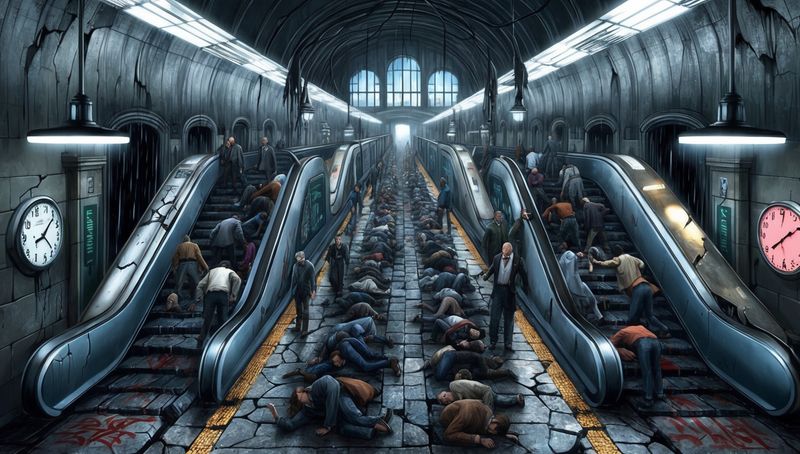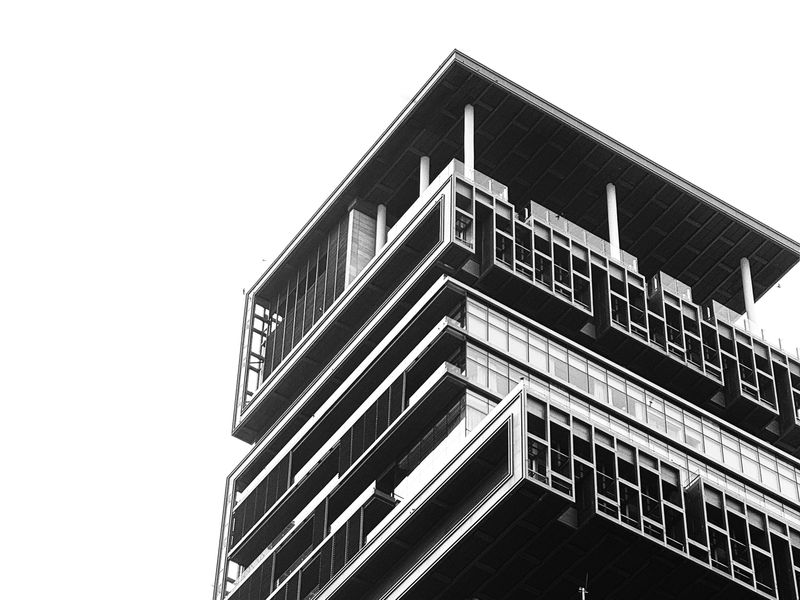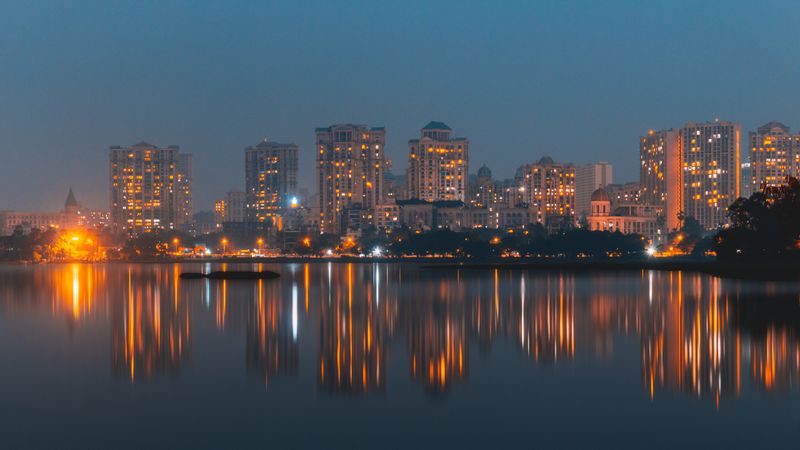The struggle of being born & bred in an increasingly divided dystopia
I once had a lucid dream — of a bunch of shadowy figures in rafts abandoning a desolate island with burning trees & black smog. They were headed towards a Cyberpunk-ish city with buildings glowing with the prospect of a better future — the promised land.


Over the past decades, more than 18 million (1.8 crores) Indians have fled the nation— forming the world’s largest diaspora, followed by Mexico, China, Russia & Syria. You know you’re in bad company when two out of your four colleagues are dictatorships, one is ravaged by one of the most brutal wars in history and the other overrun by drug lords.
Largely unaffected by the dot-com bust, the Indian millennial was born amidst liberalisation — oblivious of the time when our parents waited years for a landline, LPG connection or a scooter. However, being born & bred in a society already fractured along caste, religion, region & gender lines, upward mobility was severely restricted due to unequal opportunity.


“While India is one of the fastest-growing economies, it’s also one of the most unequal ones. We have one of the highest wealth gaps among all major economies, and our global share of the extreme poor is higher than our share of the world population.”— No one
Since the 90s, the gap in prospects for the ‘average’ and ‘brilliant’ Indian has only widened, further fuelled by the deep income divide. Average income & education for the middle class means the ‘above average’ left for greener pastures — thus creating a handful of highly-paid tech CEOs & visionaries who unknowingly hold up a rosy ‘Brand India’ globally.
A seemingly bright Indian kid born without a golden spoon in this broken non-inclusive economy is birthed in crumbling government healthcare, put through a sub-par education system, often only to end up struggling to earn minimum wage.
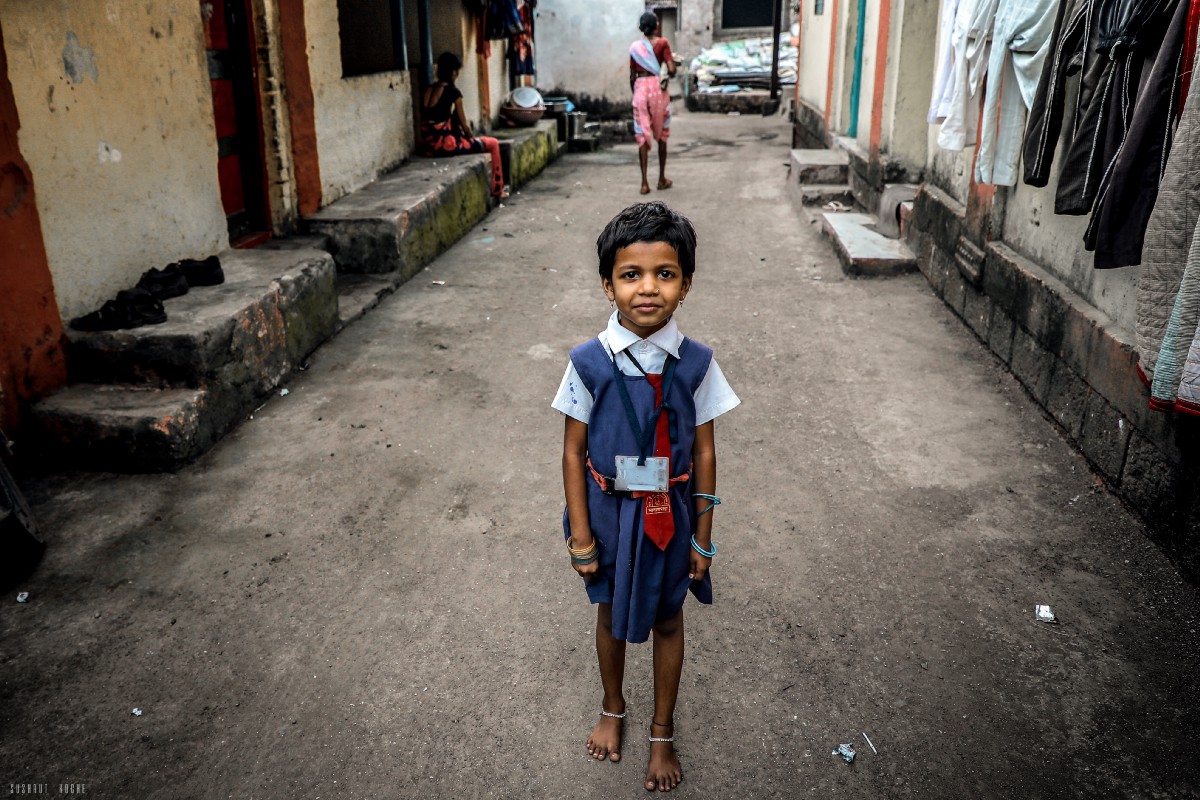
The COVID-19 crisis has made matters worse for India’s middle and low-income groups. A nation that saw a total collapse of its struggling public healthcare system is now being hawked antiquated anti-Muslim narratives, visions of a $5 trillion economy and a ban on apps as a retaliation to a military conflict.
To add some zesty flavour, throw in a dash of high unemployment, mistrust in media & some irony on the world’s largest democracy for the garnish, and you have a wide shot of the desi millennial experience.
Scratch beneath the surface and you’ll realise, they decide what we can or can’t eat, which god is the best, who we can or can’t marry & what we can and can’t watch. We are told to trust nobody — those who feed us are apparently Khalistani, those who inform us are positively propagandists, those in our classes are in a ‘tukde tukde gang’ & those who teach us, stand up for our rights or even make us laugh are jailed. No wonder, this Watch Dogs Legion trailer hits so close to home.
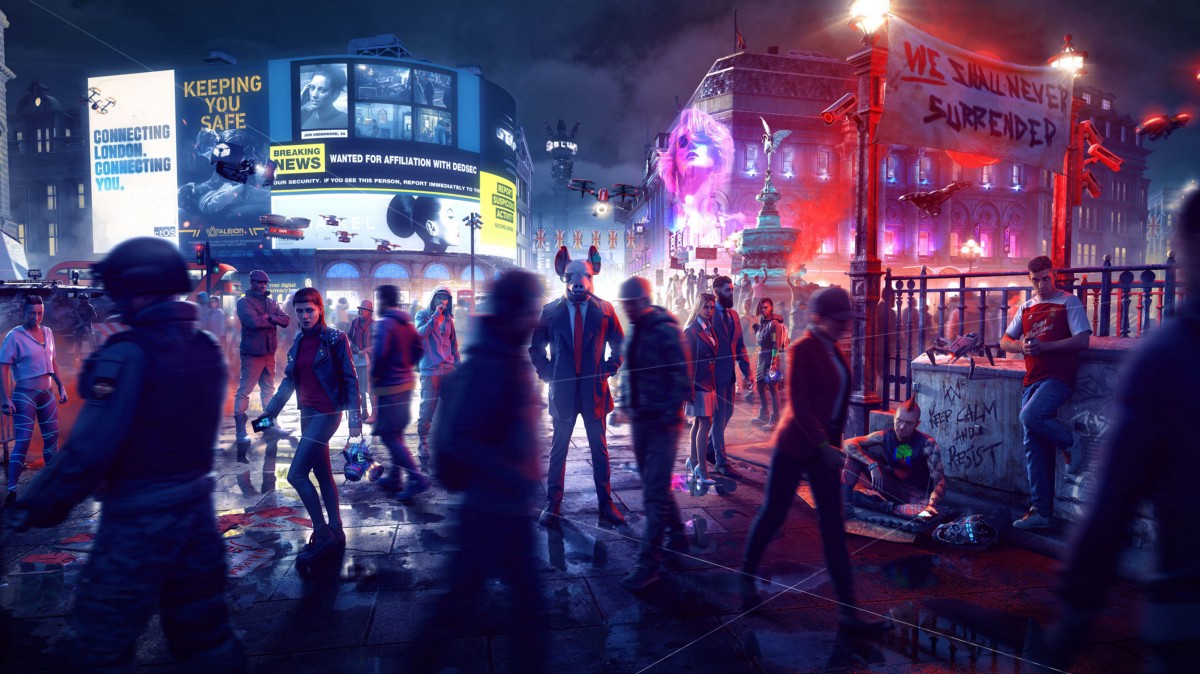
Now imagine this generation —hundreds of millions sauntering past these murky ruins with lo-fi beats in our ears, drowning in app pop-ups. An anxious brigade sleepwalking through life —it’s bad non-fiction, but a great plot for the next Watch Dogs.
